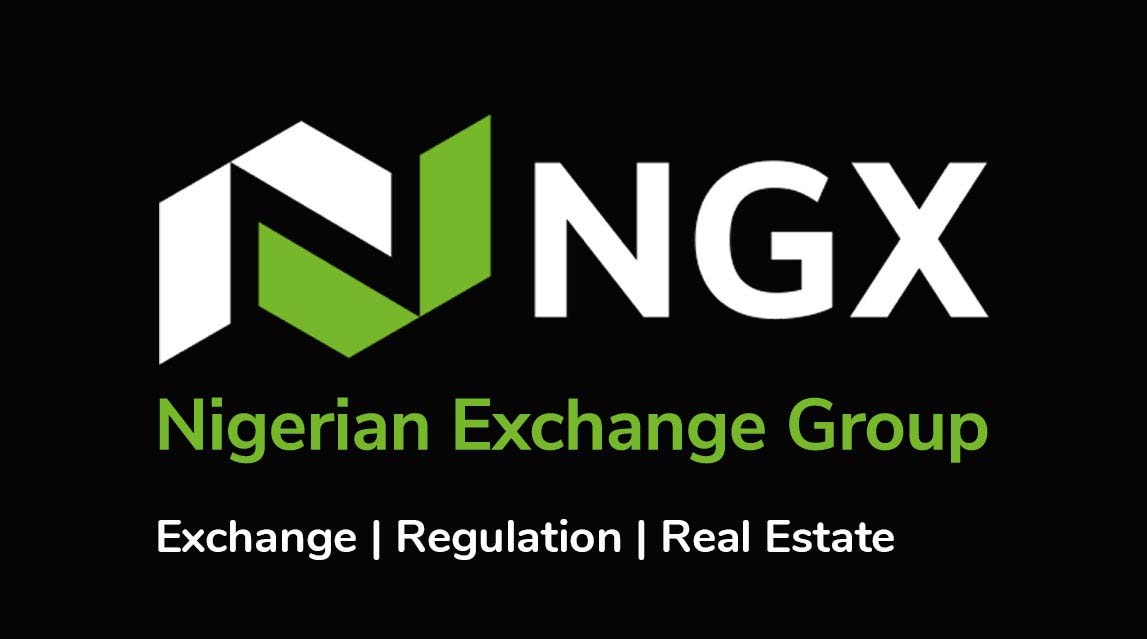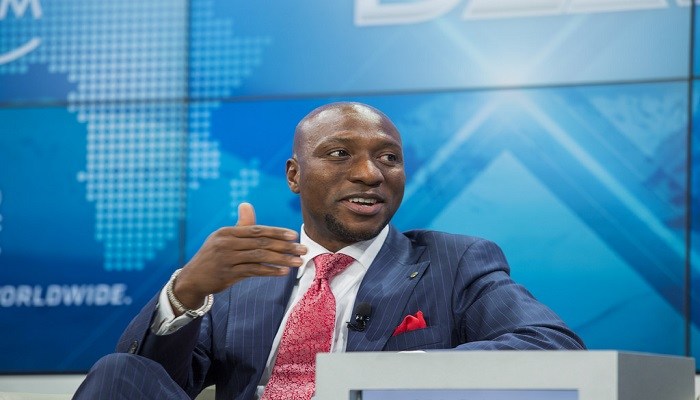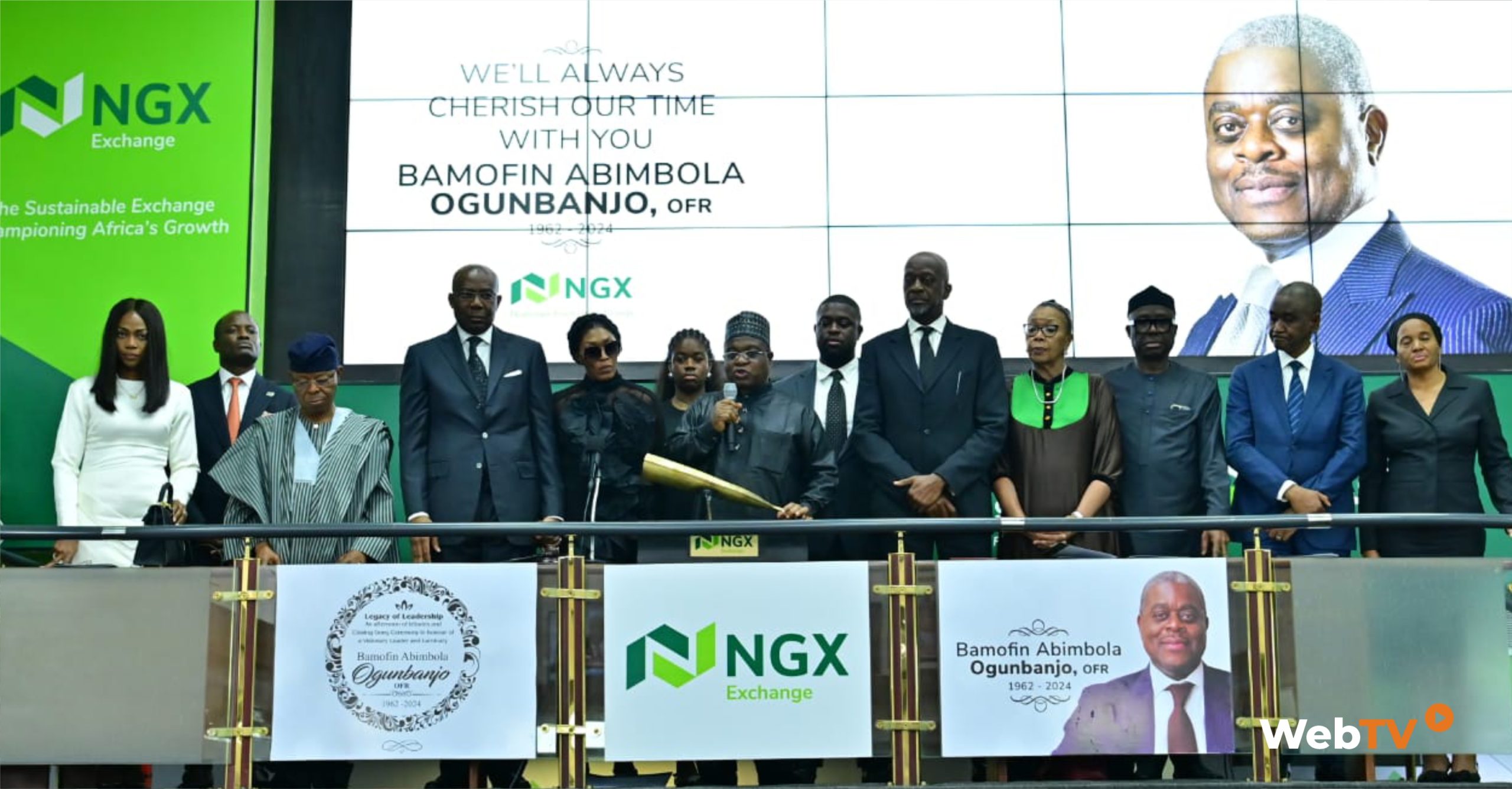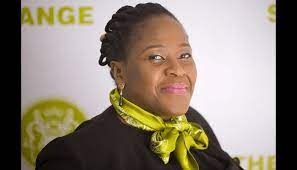Business
NGX Promises Dollar Settlement Platform For Fintechs

The Fintech community, particularly the techpreneurs would soon have capital raising windows at the domestic market to boost their endeavours.
Divisional Head, Capital Markets, NGX, Jude Chiemeka, revealed that conversations for the creation of a dollar settlement platform, have advanced between the Central Securities Clearing System (CSCS) Plc, Euroclear and the NGX.
He made the disclosure at the Annual A&O Fintech webinar themed; Fueling Fintech: The Power of Capital, the Role of Regulation.
Chiemeka observed that although public markets are viable options for raising capital, fintechs have preferably opted for private markets because of regulatory rule of disclosure and stricter governance requirements that is necessary for listing publicly.
He said, “NGX is working with CSCS and Euroclear to create a dollar settlement platform that allows tech companies (start-ups or existing ones) to raise capital in dollars.
“We have reviewed listing procedures for tech companies who want to list. Requirements around number of shareholders, years of operation among others have been relaxed to catalyse these listings.”
He assured that the buy-in of the Securities and Exchange Commission (SEC) has been secured to launch a technology board for fintechs and tech companies to raise capital.
Chiemeka stressed that the tech board is geared at encouraging tech firms to come to the market and raise capital in local currency, which would prove beneficial amid the high interest rate environment that had made foreign investors hawkish.
Whilst stating that the issue of settlements may discourage fintechs from accessing capital in US dollars on the public market, Chiemeka revealed that the Exchange was working on a partnership that is directed at fixing that problem.
Owing to the high interest rate environment, Chiemeka said that domestic investors had been allocating their Assets under Management (AuM) to majorly FGN bonds.
“The government needs to be deliberate on policies that will encourage corporates to list and now that it is thinking of creating palliatives due to removal of subsidy, they can also consider those that will incentivise companies list and see the domestic capital markets as choice platforms to raise capital.
“Publicly traded companies pay more taxes and are better governed so there is an upside for government in driving more listings. This will go a long way to encourage these institutions to look into the local markets.” Chiemeka said.
Business
BREAKING: NNPC Champions Effective Use Of Host Community Funds For Niger Delta’s Sustainable Development
The NNPC Limited has reaffirmed commitment to ensuring that funds allocated under the Petroleum Industry Act (PIA) are effectively utilized to deliver meaningful development in host communities.
This the detailed in a statement on its verified handle on micro-blogging site, X, on Monday evening under the signature of its Chief Corporate Communications Officer, Olufemi Soneye.
According to him, the pledge was made at a stakeholder engagement session held with the KEFFESO Host Communities Development Trust (HCDT), a cluster of host communities comprising Koluama 1 and 2, Ezetu 1 and 2, Foropa, Fish Town, Ekeni, Sangana, Opu Okumbiri, Okumbiribeleu, and Oginibiri in Bayelsa State, under the NNPC Limited/FIRST Exploration & Petroleum Development Company (FIRST E&P) JV, at the weekend.
At the engagement session in Yenagoa, Bayelsa State, the Chief Upstream Investment Officer of NNPC Limited, Engr. Seyi Omotowa, said NNPC Ltd was committed to ensuring that funds approved for the development of host communities under the PIA are channelled towards projects that address critical needs such as education, healthcare, and infrastructure.
Engr. Omotowa who was represented by the Deputy Manager, External Relations, NUIMS, Mrs. Edith Lawson, stressed that collaboration between stakeholders was essential to achieving lasting socio-economic development.
In his remarks, the Minister of State, Petroleum Resources (Oil), Senator Heineken Lokpobiri, commended the NNPC LTD/FIRST E&P JV for sustaining its strategic partnership with KEFFESO HCDT and urged community leaders to work together to ensure peace and stability in their communities.
He emphasized that without peace, companies would struggle to operate effectively, ultimately impacting the 3% Host Community Fund approved in the PIA for development initiatives.
Also speaking at the event, the Executive Commissioner, Safety, Environment, and Community, Nigerian Upstream Petroleum Regulatory Commission (NUPRC), Captain John Tonlagha, who represented the Chief Executive Officer of the NUPRC, Engr. Gbenga Komolafe, commended the institutionalization of the community development trust initiative, describing it as a defining moment in Nigeria’s petroleum sector with the introduction of the much-needed governance, transparency, and accountability in community development efforts.
The Executive Secretary of the Nigerian Content Development and Monitoring Board (NCDMB), Mr. Felix Omatsola Ogbe, who was represented by the Board’s Director of Legal Services, Barr. Naboth Onyesoh, commended the KEFFESO HCDT for its commitment to driving sustainable development through the PIA framework and the NUPRC for successfully incorporating over 100 Host Community Development Trusts (HCDTs) to support socio-economic growth in the region.
On his part, the Managing Director of FIRST E&P, Mr. Ademola Adeyemi-Bero, who was represented by Mr. John Alamu, commended the KEFFESO HCDT for creating a platform that encourages dialogue, collaboration, and accountability, describing it as a model for other host community development trusts to emulate.
The Chairman of the KEFFESO HCDT, His Royal Highness, Moses Theophilus, lauded the NNPC Limited/FIRST E&P JV for its proactive steps in ensuring that the KEFFESO communities benefit significantly from the PIA framework.
The forum concluded with a collective call for sustained collaboration, emphasizing that the success of the PIA depends on strong partnerships, peace, and a shared commitment to community development.
Business
Dangote Revives Olokola Free Trade Zone, Resumes $800m Cement Factory In Ogun
Ogun State is set to witness a major economic transformation as Africa’s richest man, Aliko Dangote, has announced the return of Dangote Industries Ltd to the Olokola Free Trade Zone (OKFTZ) in Ogun Waterside Local Government Area for the construction of Nigeria’s largest seaport.
Dangote made the disclosure on Monday during a visit to Governor Dapo Abiodun, where he also inspected the ongoing construction of a 6-million-metric-ton-per-annum cement factory at Itori in Ewekoro Local Government Area.
The project, which had suffered setbacks under the previous administration of Governor Ibikunle Amosun, is now slated for completion in November 2026.
READ ALSO: NNPC Ltd Clarifies Naira-Crude Contract With Dangote Refinery
The billionaire industrialist expressed regret over the long delay of the Itori cement project, initially planned for completion years ago.
He revealed that the project, valued at nearly $800 million, faced strong opposition from former Governor Amosun, who twice demolished the factory, forcing Dangote to halt work.
“When we started building the new cement factory at Itori, former Governor Amosun demolished it. We came back again and restarted the project, but Governor Amosun also came again and demolished the factory and even the fencing, so we left,” Dangote recounted.
However, he credited Governor Abiodun for creating a more investor-friendly climate, which encouraged him to restart the project.
“Because of my brother, Governor Dapo Abiodun, we are back on site, and you will be surprised at the level of work ongoing there,” he added.
The Itori cement plant, sitting on 533 hectares of land, is expected to add to the already existing 12-million-metric-ton-per-annum Dangote Cement Plant in Ibese.
Upon completion, Ogun State will boast a total cement production capacity of 18 million metric tons per annum, making it the highest-producing region in Africa.
Dangote also revealed plans to revive his abandoned investment in the Olokola Free Trade Zone, citing Governor Abiodun’s pro-investment policies as the reason for his decision.
“We earlier abandoned our vision of investing in the Olokola Free Trade Zone, but because of Governor Dapo Abiodun’s policies and investor-friendly environment, we are back. We are going to work with the government to construct the largest port in the country,” Dangote declared.
Dangote highlighted his company’s role in making Nigeria self-sufficient in cement production and transforming the nation into a cement-exporting country.
He noted similar achievements in fertilizer production and petroleum refining, where Nigeria has moved from being a net importer to an exporter of refined petroleum products.
“We rolled out automotive gas oil (AGO) in January 2024 and Premium Motor Spirit (PMS) in September 2024 from our 650,000-barrel-per-day refinery in Ibeju-Lekki,” he said, emphasizing that the refinery is capable of meeting Nigeria’s domestic demand for refined petroleum products while exporting surplus.
Governor Abiodun, in his remarks, praised Dangote for his unwavering commitment to Nigeria’s industrialization and for returning to Ogun State despite previous challenges.
He described Dangote’s visit as historic and a testament to the state’s improved investment climate.
He also lauded the industrialist for the ongoing construction of the Sagamu Interchange to Papalanto Road, a critical infrastructure project that will boost Ogun’s economic growth.
“Our administration will continue to create an enabling environment to attract more investors,” Abiodun assured, reaffirming his government’s commitment to economic development.
Business
BREAKING: NCDMB Addresses Sterling Oil’s Non-Compliance Issues

The Nigerian Content Development and Monitoring Board (NCDMB) has commended the Petroleum and Natural Gas Senior Staff Association of Nigeria (PENGASSAN) for whistleblowing the infractions of Sterling Oil Exploration and Energy Production Company (SEEPCO).
This was contained in a statement on its verified handle on micro-blogging site, X, on Monday.
The NCDMB pointed out that it “had sanctioned SEEPCO a few years ago for gross violations”, issued directives, which regrettably SEEPCO ignored, which saw the Board take legal action.
The statement was issued under the subject ‘Actions Taken by NCDMB Towards Addressing Sterling Oil’s Non-Compliance Issues’.
ALSO READ: WCQ: Osimhen, Others Arrive Super Eagles Camp Ahead Of Rwanda Clash
“We are delighted that PENGASSAN served as a whistle blower over the alleged expatriate quota abuse by the management of Sterling Oil, and we assure the union and the general public that we would investigate the matter exhaustively and take necessary actions,” the Board stated.
It reads, “The Nigerian Content Development and Monitoring Board (NCDMB) has noted the comments made by the President of the Petroleum and Natural Gas Senior Staff Association of Nigeria (PENGASSAN), Mr. Festus Osifo, during the union’s recent protest at the headquarters of Sterling Oil Exploration and Energy Production Company (SEEPCO), at Victoria Island, Lagos, over alleged anti-labour practices and expatriate abuses by the company.
NCDMB commends the PENGASSAN leader for acknowledging that qualified Nigerian personnel are occupying top leadership and technical positions in most international and indigenous operating oil and gas companies, and are performing creditably in those roles.
He noted rightly that Nigerians are executing complex functions in the floating production and storage and offloading (FPSO) platforms like Bonga, Agbami, USAN, AKPO, Egina, etc. Indeed, Nigerian oil and gas workers performed almost all operations in the oil and gas industry during the COVID-19 pandemic and kept the industry afloat, after most expatriates returned to their home countries.
These feats were accomplished through NCDMB’s strategic implementation and enforcement of the Nigerian Oil and Gas Industry Content Development (NOGICD) Act 2010, particularly the Expatriate Quota, Succession Plan and Deployment of Expatriates Guidelines and Expatriate Work Temporary Work Permit Guidelines. The successes were also enabled by the several Nigerian Content capacity building interventions that prepared and placed qualified Nigerians in key positions in the oil and gas industry. Through enforcement and compliance oversight, the Board ensured that 609 technical positions were nigerianised for the period 2020-2024.
We are delighted that PENGASSAN served as a whistle blower over the alleged expatriate quota abuse by the management of Sterling Oil, and we assure the union and the general public that we would investigate the matter exhaustively and take necessary actions.
We can confirm that NCDMB had sanctioned SEEPCO a few years ago for gross violations of the NOGICD Act. Recently, we have been engaging the company for the same reasons. Our regulatory engagements with the firm are outlined below:
1. In 2017, the NCDMB identified five expatriates deployed by SEEPCO without obtaining the relevant NCDMB approvals. As a result, NCDMB penalized the company for this non-compliant deployment of expatriates. To remediate this, SEEPCO trained five Nigerians in Marine Engineering and Subsurface Drilling Engineering for nine months.
2. In 2018, NCDMB identified 402 expatriates deployed by SEEPCO without approval. Additionally, NCDMB discovered projects, contracts, and purchase orders from multiple projects that were awarded and executed without appropriate approvals. NCDMB penalized SEEPCO for these infractions and directed SEEPCO and its affiliates to take the following actions:
• Disengage the 402 expatriates and provide evidence of their disengagement and exit to the Board.
• Commence and comply with the NCDMB Expatriate Quota application process.
• Comply with the Board’s requirements for tendering and awarding projects, contracts, and purchase orders.
• Complete the Nigerian Content Development Fund (NCDF) reconciliation exercise and pay outstanding remittances.
• Submit up-to-date statutory reports on Nigerian Content and comply with the review process.
• Train and employ 40 Nigerians as part of the remediation/penalty.
3. Regrettably SEEPCO ignored those directives until the Board commenced legal proceedings against the firm, in line with section 68 of the NOGICD Act.
















